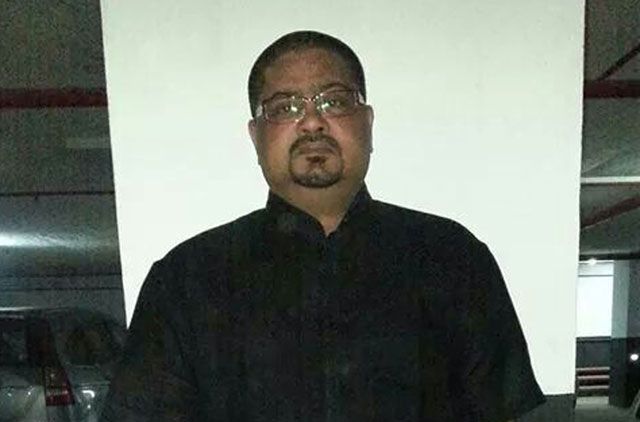Rising debt is an onerous burden with grave consequences for UAE expatriates. The recent passing away of an Indian family in Dubai bears testament to this problem. Facing severe financial concerns, Santosh Kumar, a film producer from the Indian state of Kerala, smothered his nine-year-old daughter and then committed suicide along with his wife Manju Menon last week.
Unfortunately, Kumar’s story is just the latest in a series of family murder-suicides. In 2011, another Indian family first strangled their eight-year-old daughter before committing suicide in Ras Al Khaimah. The following year, Rijesh Nambiar smothered his five-year-old daughter to death in Dubai before taking his own life. His wife, Sreesha, was rescued after failing to carry out her own suicide attempt. In late 2013, the trend continued with a Pakistani man in Dubai killing himself and his two three and eight-year old daughters in response to mounting personal debts. Financial woes were responsible in driving these individuals to commit murder-suicides.
Equating financial burdens with self-identity and survival has pushed many low and middle-income expatriates to suicide. In the first half of 2014 alone, there has been 37 reported cases of suicides among Indian nationals in Dubai and the Northern Emirates. Shifting the time frame between 2007 and 2013, this death toll rises to 700.
In the UAE, high debt is all too common. Across the nation, consumer debt reached $95,000 (Dh349,410) per household last year. Part of the problem is that credit is often too easy to obtain due to a profusion of loans persistently offered by banks. Informal moneylenders are also involved in the sector, pressuring individuals into writing blank cheques as securities against procuring loans or illegally withholding passports as collaterals for loans. When external circumstances such as delayed salary or job loss prevent expatriate borrowers from repaying loans, mounting debt becomes an inescapable reality. For many, rising debt leads to shame, guilt and the very real possibility of jail time as well. In this environment, murdering children and committing suicide stems in part from a desire to avoid insurmountable debt for current and future generations.
The causal relationship between debt and suicide is not unique to this country or region. A report published last month by the University of Oxford and the London School of Hygiene and Tropical Medicine found the recent global financial crisis was associated with 10,000 “economic suicides” in Europe and North America alone. The study found debt to be a key transmission channel responsible for deteriorating mental health and increasing the risk of suicide.
Solving the personal debt crisis requires a comprehensive undertaking by individual consulates and the host government. To be sure, the safety net in the country needs to be strengthened. Already, the Indian consulate in the UAE, along with the Indian Community Welfare Committee, have collaborated to help pay school fees, medical expenses and other necessities in hundreds of cases since 2011 when individual or family businesses failed. However, efforts thus far have largely been directed to those who have come forth seeking aid. Little has been done to reach out to lower-income families who have less of a cushion against debt and are thus more vulnerable to its devastating effects.
Beyond consulate-driven assistance, government efforts could help individuals deal with present debt and minimise future debt, resulting in improved economic health of the country. Specifically, for individuals already mired in debt, a well-publicised hot line or readily accessible advice could go a long way in mitigating concerns that could otherwise push individuals to suicide. A UAE-wide financial literacy campaign spearheaded by the government could also help increase residents’ understanding of the importance of financial planning and the role of savings in allaying the adverse effects of economic shocks on household income.
In the long run, the UAE will do well to address supply-side determinants of the debt trap. The Al Etihad Credit Bureau, a federal government company, allows banks to cross check how much debt a resident owes, thus helping prevent debt spirals. However, given the continued presence of informal moneylenders, borrowers are likely to simply substitute formal institutions. The existence of this informal niche requires that the UAE engage in more innovative solutions to managing personal debt so as to ensure that murder-suicides are put to rest once and for all.
Vidya Diwakar is a research analyst at The Delma Institute, specialising in socio-economic issues in the Middle East and North Africa region. She holds a Masters degree in Economics from University of Cambridge and a Bachelors degree in International Relations and Economics from the American University of Sharjah.











